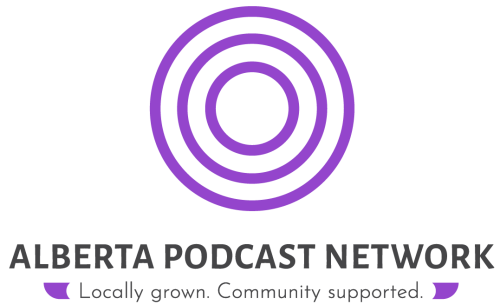
Nextfest highlights hundreds of artists set to emerge from the pandemic era
By
Fawnda Mithrush
in the
Arts Roundup
Ellen Chorley glances up to do some imaginary math, calculating the years she's been involved with Nextfest. Her first was in 2001, while she was a high school student. Fast forward the time spent performing at the legendary Nextfest Niteclubs, seeing her plays produced as a playwright, then as curator of high school programming in 2012, and finally, taking the helm as festival director in 2016 — it adds up to a 20-year stint with Edmonton's emerging artist machine.
Each year Nextfest churns out works by hundreds of young artists in its programming, the proof being the city's vast array of professional artists who confess they got their start (and, often, their first paycheque for creative work) at the annual fest since its inception in 1996.
"You grow with the festival," Chorley told Taproot. "I'm so privileged to have had that. And I would say that the learning doesn't stop; I have learned how to be an artistic director and what that means in a very meaningful way. Really, it's made me a better artist and administrator."
This year's event is its second virtual edition, running June 3-13, also with on-the-ground visual art displays in spaces throughout the city, including the Lowlands Project Space and window displays at the Whyte Avenue Army & Navy. Nightly streams of performance sets hosted by Dill Prusko will go live at 6pm MT through the run, and an on-demand channel is also available for those who can't get in front of their computer for live viewings.
"There will be theatre, workshop readings, music, dance, film, spoken word poetry, comedy, all sorts of different types of art forms. Everything is pretty much represented. The whole night is sort of like a cabaret. It feels like you're going to a variety show," Chorley says. There's also a six-episode nature podcast, Would You Wander, which encourages listeners to go on safe strolls through different areas of the city.



